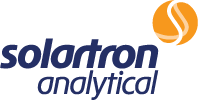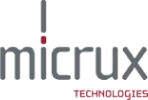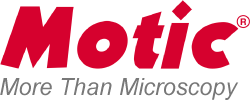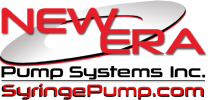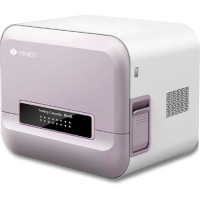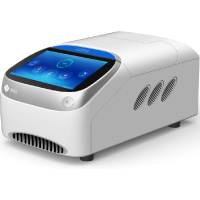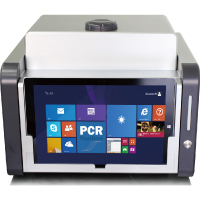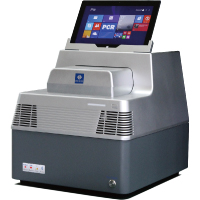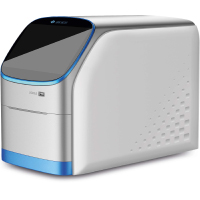REAL-TIME PCR (qPCR) SYSTEMS
Real-time polymerase chain reaction (real-time PCR), commonly known as the quantitative polymerase chain reaction (qPCR), is a commonly used laboratory technique in molecular biology and other areas of life science. Real-time PCR is one of the most powerful and sensitive gene analysis techniques available and is used for a broad range of applications including quantitative gene expression analysis, genotyping, SNP analysis, pathogen detection, drug target validation, and for measuring RNA interference. Frequently, real-time PCR is combined with reverse transcription to quantify messenger RNA (mRNA) and microRNA (miRNA) in cells or tissues.
The main advantage of real-time PCR over conventional PCR (cnPCR) is that real-time PCR combines nucleic acid amplification and detection in a single step. This allows real-time PCR to monitor the amplification of a targeted DNA sequence during the PCR (i.e., in real time), not at its end, as in cnPCR. Thus, real-time PCR doesn't require any post-amplification process (e.g. gel electrophoresis) to be performed in order to obtain the results of PCR. Real-time PCR can be used quantitatively (quantitative real-time PCR or qPCR), in which case quantitative results (i.e. copy number of a sequence) are obtained. However, real-time PCR can also be used semi-quantitatively (semi-quantitative real-time PCR) to obtain semi-quantitative results (i.e., copy number of sequence being above/below a certain amount) or qualitatively (qualitative real-time PCR) to obtain qualitative (i.e. the presence or absence of a sequence) results. In contrast, conventional PCR results can be either qualitative or semi-quantitative. Furthermore, the elimination of the need for post-amplification process in real-time PCR increases throughput, shortens bench time and lowers the risk of contamination in experiments.
In addition to operational advantages, real-time PCR is more sensitive, consistent and reproducible, and may replace conventional PCR in diagnostic routines. However, researchers may use digital PCR (dPCR) instead of qPCR in applications where more rigorous quantitation is required. While qPCR yields relative quantitation of fluorescence intensity which is then compared to a standard curve to determine the absolute number of target DNA molecule, dPCR provides absolute quantitation without requiring any standard curve.
RotaLab provides fast and reliable real-time PCR instruments for a broad range of life science applications.


